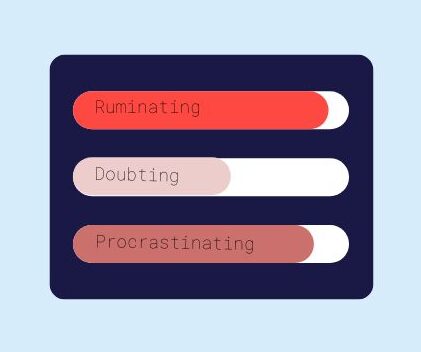Over the years I worked with clients struggling with Borderline Personality Disorder or emotion regulation problems, in group and individual therapy modalities, as primary therapist, as a consultant, or as a member of a consultation group with other colleagues. It’s in that process that potential new clients had asked me many questions about therapy in general, or specifically about effective treatments for emotion regulation problems: Would the treatment work? Would things get better for me? I can’t take it how I respond in my relationships; I’m tired of re-starting over and over… would therapy make a difference? Would I be able to stop screaming at people?
If you’re struggling with emotion regulation problems, are wondering about therapy, or feel ambivalent about it, this post is for you.
I can easily answer the above questions by explaining what Dialectical Behavior Therapy (DBT) is, it’s components, and how it’s undoubtedly the most effective treatment for emotion regulation problems. However, there is another important variable for therapy to work that is exclusively related to you: do you want to change?
 No matter whether you’re working with a very well experienced therapist or have access to all DBT services and/or materials, if you don’t believe there is a need to modify your behavior, therapy is simply not going to work.
No matter whether you’re working with a very well experienced therapist or have access to all DBT services and/or materials, if you don’t believe there is a need to modify your behavior, therapy is simply not going to work.
Making a choice about changing one or multiple behaviors, is not an easy process. Unlearning common behavioral patterns when dealing with stressful situations, interpersonal problems, or strong emotions takes a lot of effort and commitment to the belief that “things will get better” as long as you continue doing your part. As therapist, I saw many clients given up in the course of treatment, either because they weren’t ready, stop believing that change is possible for them, or they didn’t see any reason to change their behaviors. However, I also saw many clients doing the best they could every day, in every opportunity that was presented to them, and even if some days they went back to their old behaviors, they still had the commitment to start again the next day.
Last Friday, Debbie Corso, author of “Healing from Borderline Personality Disorder” shared her experience with Dialectical Behavior Therapy to doctoral level students. Her post below captures how she prepared for this presentation, content of it, and feedback received afterwards; but, fundamentally her post capitalizes that “change is possible” as long as you have the motivation to do it.
Please click below to read Debbie’s post.
You may also be interested in our previous posts:








